
Guest post by Reed M. Wood
Thanks to the consideration of International Organization, the article “External Rebel Sponsorship and Civilian Abuse: A Principal-Agent Analysis of Wartime Atrocities” will be freely available until July 18th.
In a June 10th op-ed in the New York Times, Robert Ford, former ambassador to Syria, makes a well-articulated argument for the US and its allies to step up training and material support for the moderate factions within the Syrian opposition. US policymakers have debated this issue at length, with Senator John McCain among the strongest supporters of increasing support for opposition groups within Syria. The central concern among policy-makers is, of course, what impact US involvement might have on the trajectory on the conflict. A second but nonetheless important concern is the possibility of US culpability in potential terrorism or atrocities committed by the groups it sponsors.
This valid concern leads to an equally valid question about the role and responsibility of sponsors in the behaviors of their clients. Principally, to what extent do foreign sponsors influence the behaviors of their agents?
Several scholars have investigated the influence of state sponsorship on transnational terrorism, including investigations into why states choose to delegate violence to terrorist groups and how such sponsorship influences conflict bargaining between the target state and the terrorist group. Of course, given that these studies explicitly examine terrorist groups, they haven’t said much about how sponsors’ interests might affect how agents’ employ violence — for example, whether they use terrorism or some other strategy.
Examining insurgent groups more broadly, Jeremy Weinstein argues that when nascent rebel factions receive foreign sponsorship, they are increasingly likely to turn into the types of movements that brutalize and victimize civilians. RENAMO in Mozambique and the RUF in Sierra Leone are cases in point. However, it is important to note that sponsors have different interests and operate under different constraints, both which are likely to influence which clients they choose to sponsor and how much they bother trying to influence their sponsor’s actions.
In a recently published article in International Organization, my coauthors (Idean Salehyan and David Siroky) and I show that certain characteristics of the sponsoring state may significantly influence the types of violence employed by their clients. Broadly, we argue that when insurgents groups receive sponsorship from democracies and states with strong interests in respecting and promoting human rights, they are much less likely to engage in civilian victimization. We start from the assumption that while all sponsors generally want the same things from their clients — to advance the sponsor’s political interests — sponsors differ in their tolerance for the use of civilian victimization in the pursuit of those goals. Some sponsors are indifferent to the use terrorism and civilian targeting by their clients (some may even desire it), while others have serious reservations about supporting groups that employs such tactics. Even if individual decision-makers may be indifferent or ambivalent about such abuses, the domestic and international constraints imposed on democratic leaders may inhibit their ability to continue supporting clients that routinely engage in atrocities.
Executives in democratic states are constrained by domestic courts, legislatures, and other institutions that can often scrutinize their political decisions and potentially veto these actions if they conflict with either domestic laws or the veto players’ interests. Moreover, in democracies, voters can potentially punish elected officials for providing support to groups that engage in atrocities. Of course, this assumes that democratic voters are informed and have an interest in human rights. This is where the second mechanism plays a strong role. We argue that human rights organizations can successfully “name and shame” governments for supporting rebel factions that engage in mass violations of human rights. Calling attention to a democratic leaders’ support for a violent overseas insurgency can be politically costly and may lead them to retract support or make efforts to sanction their agents. It is also possible that because of the domestic constraints, democratic leaders are more likely to screen out potential clients that are likely to engage in such abuses.
Our results certainly don’t suggest that democracies never support brutal insurgents or that they always succeed in convincing the groups they sponsor to forego civilian abuse. For example, the Reagan administration supported the Nicaraguan Contras in spite of the group’s serious human rights abuses. Still, it is worth noting that domestic and international human rights groups condemned the Reagan administration for this policy, and the US Congress repeatedly challenged the president over this issue. Contra abuses even led to the Boland Amendment, which prohibited the provision of military assistance to the Contras.[1]
What does this mean for contemporary foreign policy? Considering that armed intervention into foreign conflicts is frequently an unpopular policy among voters, Western democracies will continue funding, training, and/or advising insurgents in order to pursue their foreign interests. A central concern, however, is that by backing violent groups abroad the sponsor becomes at least partly culpable for the actions of the agents. This is actually good news, at least in some small way. Fear of embarrassment or responsibility for the actions of the group’s they choose to support should pressure democratic policymakers in democratic states to attempt to constrain the abuses committed by their agents or at least to avoid supporting the worst types of insurgents all together. Of course, this outcome is contingent on the continued efforts of human rights organizations to name and shame both insurgents and the foreign leaders that back then and on voters willingness to punish leaders that continue to support thugs abroad.
Reed M. Wood (PhD, University of North Carolina, Chapel Hill) is assistant professor in the School of Politics and Global Studies at Arizona State University. His research interests include political violence, human rights, insurgency, and peacekeeping. He also co-manages the Political Terror Scale (PTS).
[1] Of course, the Reagan administration managed to continue funding the group covertly, eventually culminating the Iran-Contra Scandal.

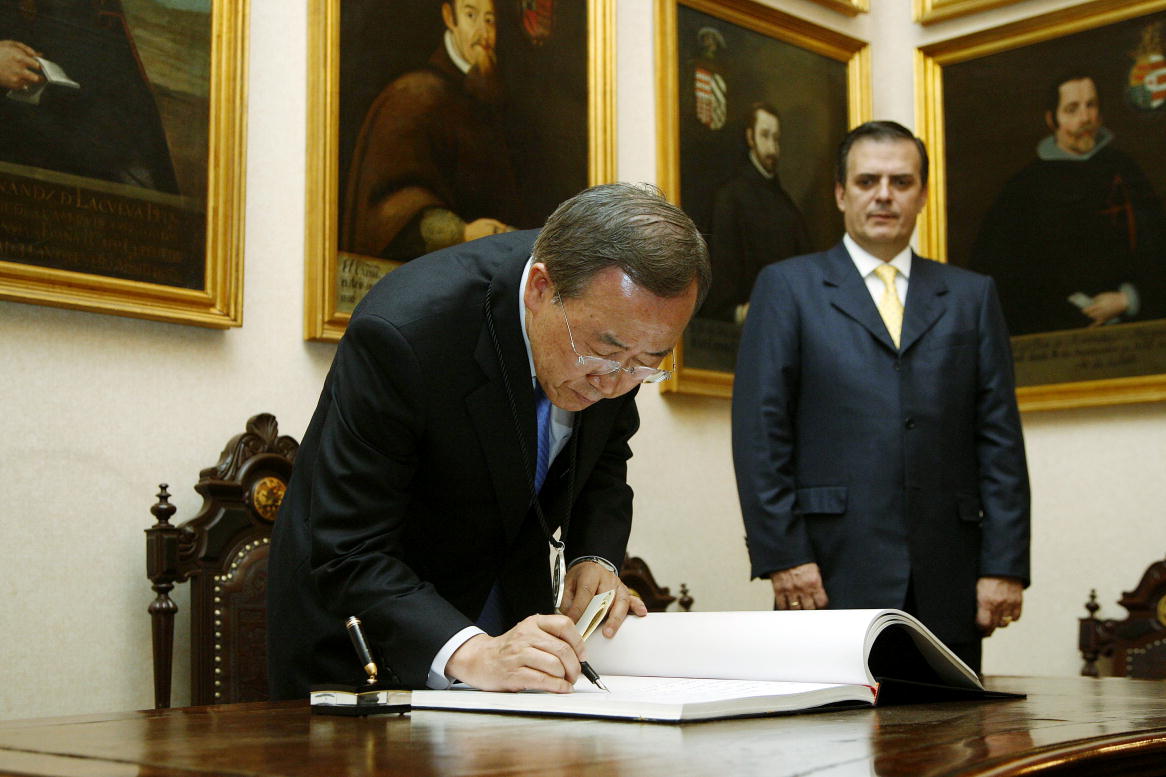
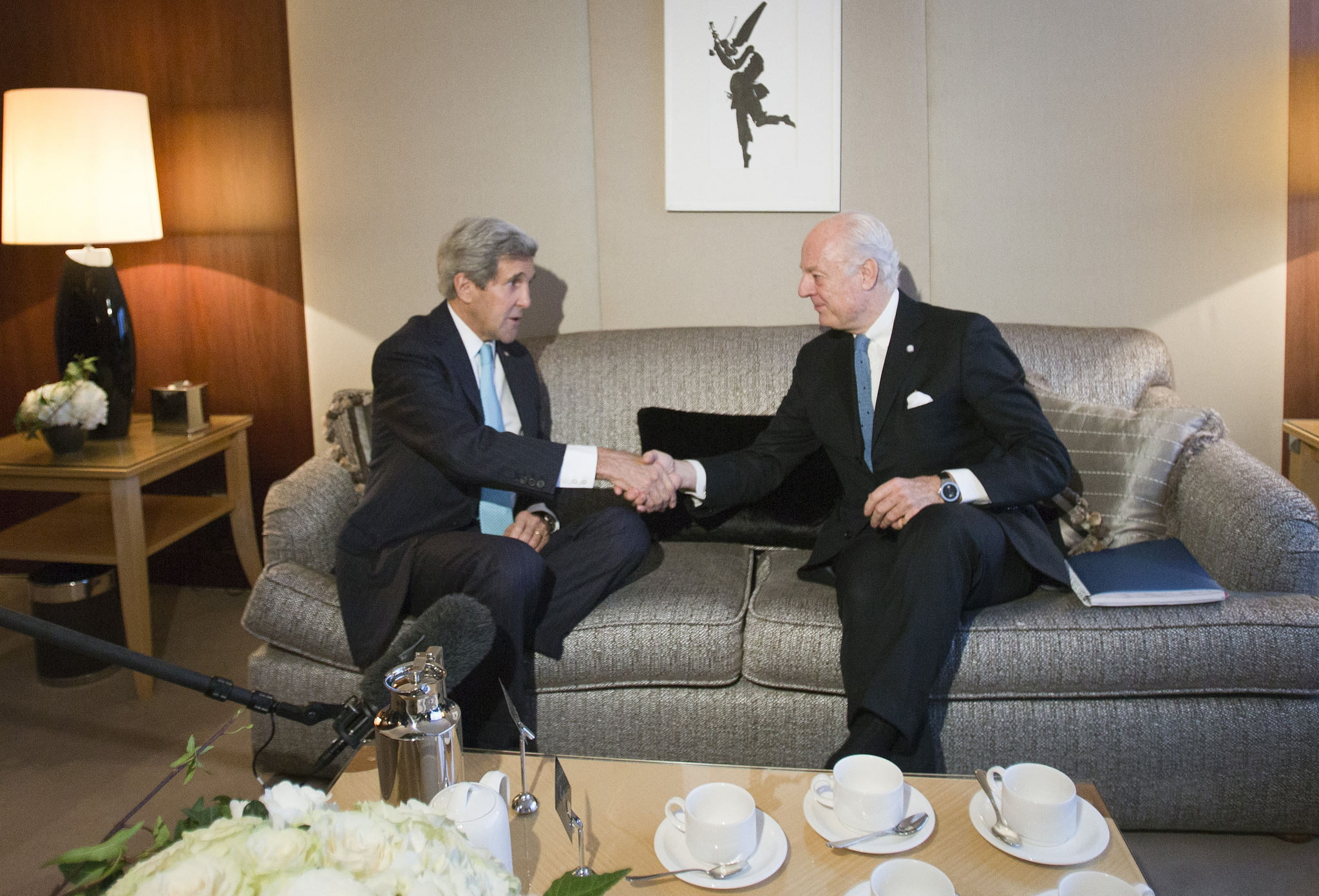
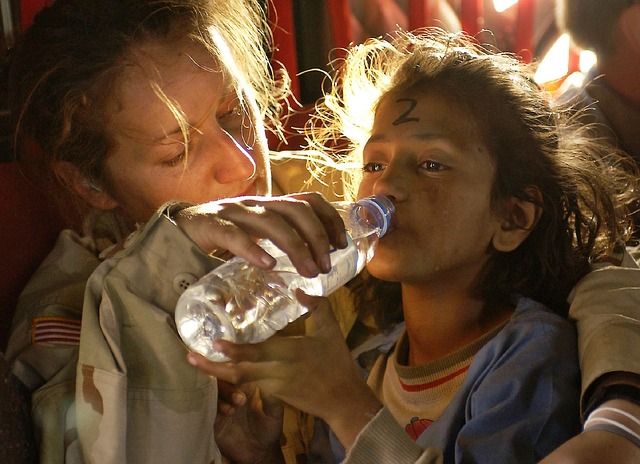
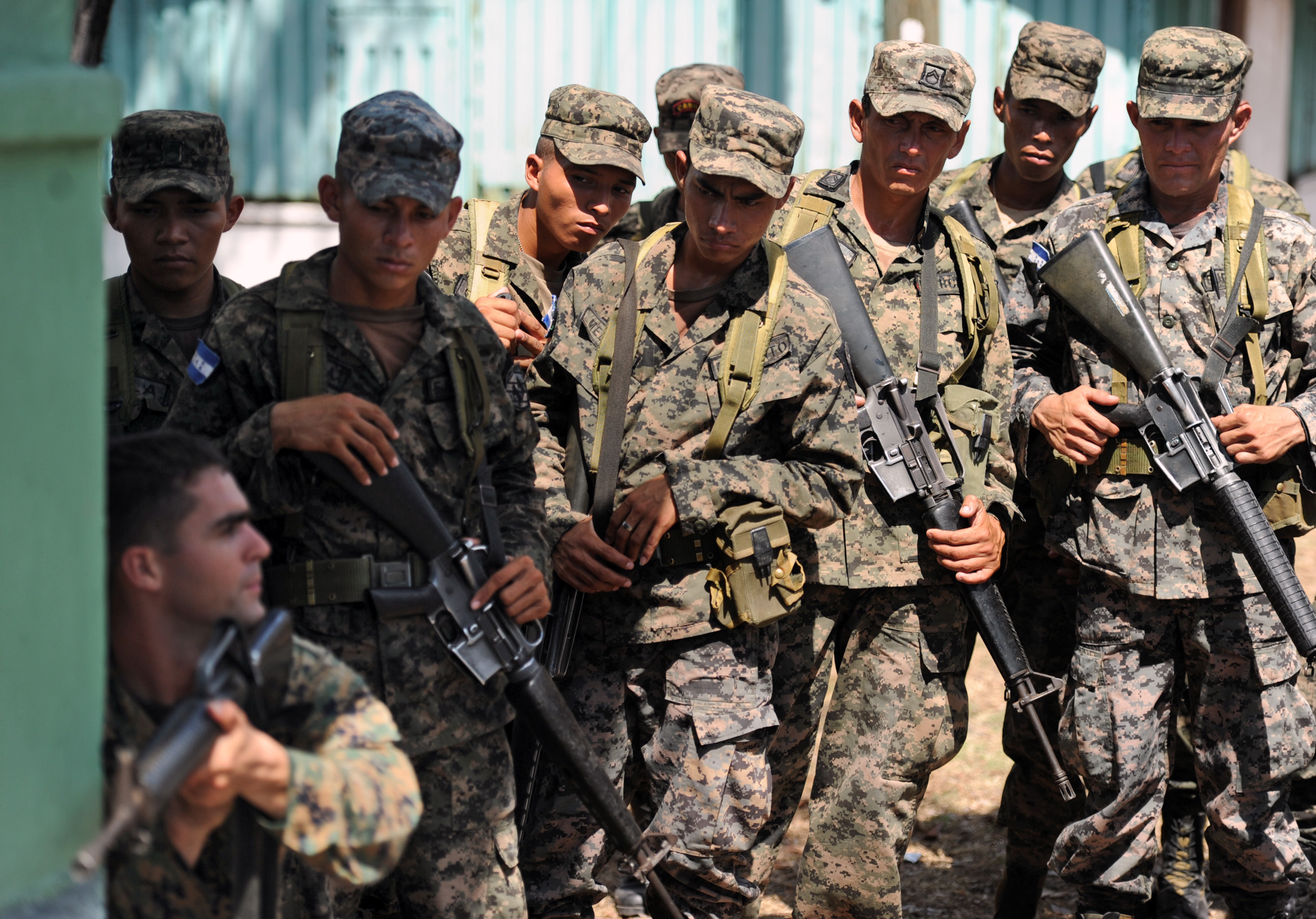
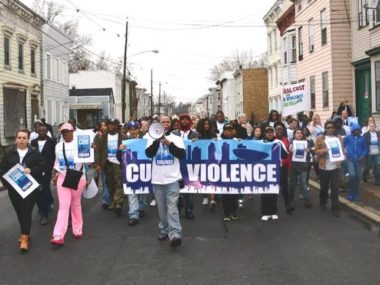
1 comment
‘… Western democracies will continue funding, training, and/or advising insurgents in order to pursue their foreign interests.’
I think clarity, at least, would be served by paying attention to the fact that the ruling classes of Western democracies are different from and have different interests from the population in general. My guess is that the great majority of Americans who think at all think that giving a lot of arms to a shadowy variety of violent groups in Syria is not a good idea. Even those few who go in for geopolitical skullduggery might doubt that anything will be accomplished by such means in Syria, where the Russians have made it plain they will do whatever it takes to keep a regime favorable to their naval base in power, and on the other side the initiative and a good deal of the armament seems to have passed over to the fanatics of ISIL. However, there is still a core group of neo-cons like McCain who, it seems, have never seen a war they didn’t like, and press on, regardless of the consequences. The fact that such people are still taken seriously by the elites demonstrates that the powers of the nominal democracy of the Western democracies, and the influence of human rights organizations upon their political processes, are pretty minimal.